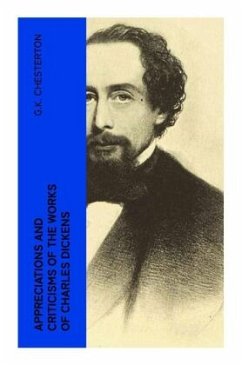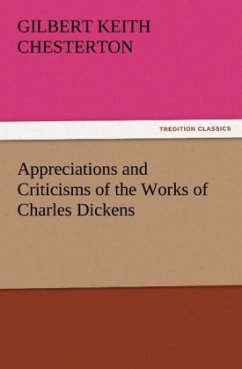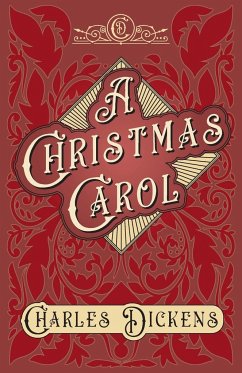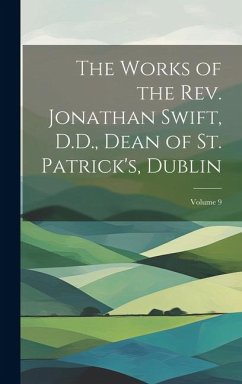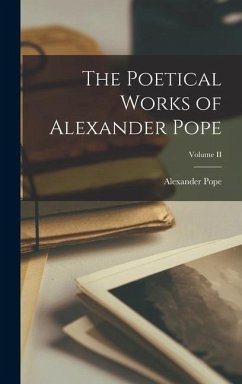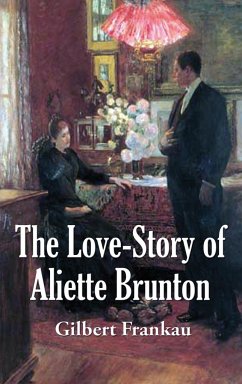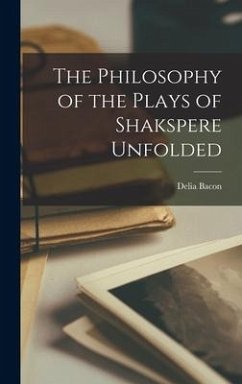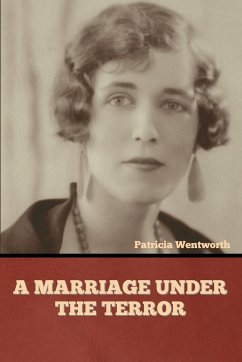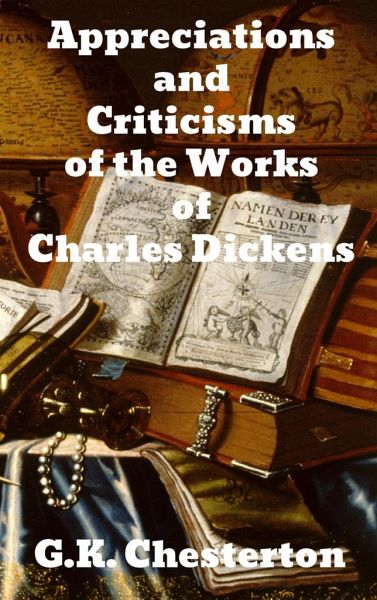
Appreciations and Criticisms of the Works of Charles Dickens
Versandkostenfrei!
Versandfertig in 1-2 Wochen
23,99 €
inkl. MwSt.
Weitere Ausgaben:

PAYBACK Punkte
12 °P sammeln!
These papers were originally published as prefaces to the separate books of Dickens in one of the most extensive of those cheap libraries of the classics which are one of the real improvements of recent times. Thus they were harmless, being diluted by, or rather drowned in Dickens. My scrap of theory was a mere dry biscuit to be taken with the grand tawny port of great English comedy; and by most people it was not taken at all--like the biscuit. Nevertheless the essays were not in intention so aimless as they appear in fact. I had a general notion of what needed saying about Dickens to the new...
These papers were originally published as prefaces to the separate books of Dickens in one of the most extensive of those cheap libraries of the classics which are one of the real improvements of recent times. Thus they were harmless, being diluted by, or rather drowned in Dickens. My scrap of theory was a mere dry biscuit to be taken with the grand tawny port of great English comedy; and by most people it was not taken at all--like the biscuit. Nevertheless the essays were not in intention so aimless as they appear in fact. I had a general notion of what needed saying about Dickens to the new generation, though probably I did not say it. I will make another attempt to do so in this prologue, and, possibly fail again. There was a painful moment (somewhere about the eighties) when we watched anxiously to see whether Dickens was fading from the modern world. We have watched a little longer, and with great relief we begin to realise that it is the modern world that is fading. All that universe of ranks and respectabilities in comparison with which Dickens was called a caricaturist, all that Victorian universe in which he seemed vulgar--all that is itself breaking up like a cloudland. And only the caricatures of Dickens remain like things carved in stone. This, of course, is an old story in the case of a man reproached with any excess of the poetic. Again and again when the man of visions was pinned by the sly dog who knows the world, "The man recovered of the bite, The dog it was that died."




